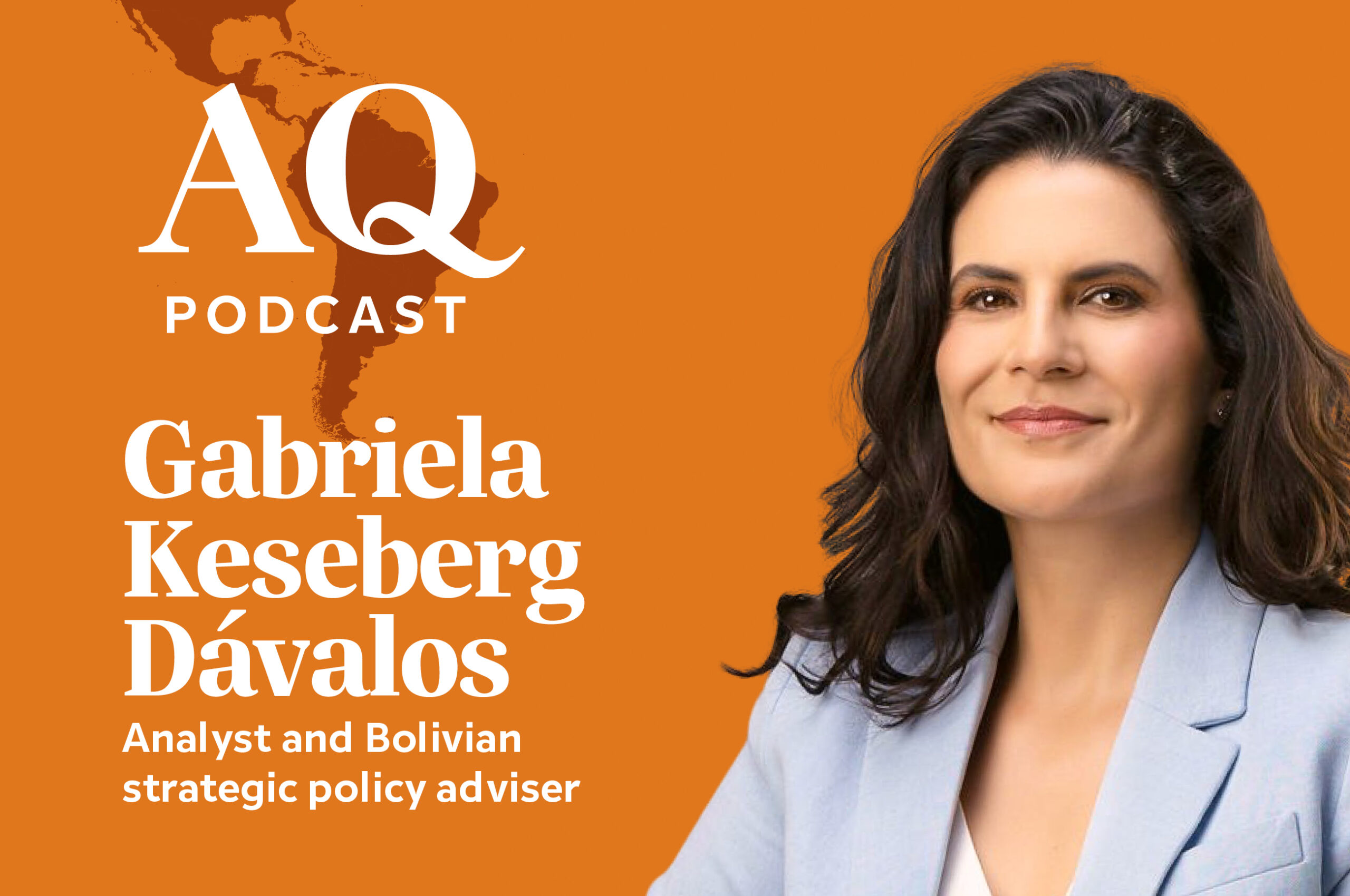Iran Is Not a Good Partner for Latin America
Iran Is Not a Good Partner for Latin America
Latin American countries that have relationships with Iran should think twice before any continued engagement.
The fraudulent Iranian presidential election and its repressive aftermath put the focus on the Islamic regime's behavior in an unprecedented manner. Even during the more than one year hostage crisis of 1979-1980, Iran had its defenders, based on criticism of U.S. treatment of Iran going back to the U.S.-supported coup against Prime Minister Mohammad Mossadegh in 1953.
Today, Iran has been exposed. Efforts to blame the U.S., Israel, and Britain expectedly continue but have no impact. The government has attacked its own people, has abandoned any pretense of respecting the voice of its citizens, and has come under attack from some fairly conservative clerics. It has lost legitimacy and can't successfully conjure up the usual enemies to divert attention from its abuses.
As a result, internal and external actors are more willing to pay attention to Iran as a destructive force in the world. Most importantly, this applies to the potential of a nuclear Iran and its clear intention to develop nuclear arms. There is new opportunity to put the squeeze on Teheran.
It also applies, however, to another troubling area which has been the subject of far less attention: Iran's threatening expansion in Latin America. Iran has seen Latin America as a region of opportunity at least for 20 years. Its planning and implementation in the early 1990s of the terrorist attacks against the Israeli Embassy and the Jewish Community Center in Buenos Aires (AMIA), and its use of its surrogate Hezbollah in those destructive operations signaled that Iran believed it had a certain freedom to carry out terrorist attacks on Latin American territory. Since then, a series of factors have come together to allow Iran to spread its influence on the continent.
Most important has been the coming to power in several countries of leaders and parties who are inimical to the United States. This has translated into economic deals because of the a key factor at work, Iran's oil wealth. Had Iran simply looked for allies based on “the enemy of my enemy is my friend,” that would have been one thing. But Iran has cut a series of deals in the region that make tangible its influence. It is now the second-largest investor in Venezuela, playing a substantial financial role in the further development of Venezuelan oil deposits and is funding housing projects for the poor.
In Bolivia, Iran has a cooperative arrangement worth over $1 billion to develop Bolivia's oil, gas, and industrial sectors. It has set up health clinics and training programs for physicians. In Ecuador, Iran has signed a series of economic agreements in the last year including one for energy production. In Nicaragua, Iran has promised millions to aid to building a dam and a hydroelectric power station, and donated $2 million for the construction of a hospital.
In these projects, the Iranians are following the prescription that Islamic extremist groups have been using for years to extend their influence in Middle Eastern countries: build a reputation for social responsibility by providing services, particularly to the needy. Hezbollah and Hamas have mastered this technique in an effort to win public support and mask their extremist goals.
Iran was looking for political support from these and other Latin American countries at a time when the U.S. and Europe were trying to isolate Iran over the nuclear issue. Building hospitals and housing for the poor, in addition to the large business investments, clearly was intended to reinforce support from the bottom up.
All of which is intended to serve the radical goals of the regime that has suddenly drawn more attention because of its gross domestic repression. Included in these goals are the spread of Iran's Islamic extremist ideology, the building of a political alliance to offset international pressures, and sustaining a network of agents through Hezbollah to be able to engage in terrorism in Latin America should the perceived need arise.
Now that Iran has shown its true colors, there is a unique opportunity to build international pressure—through publicity and diplomatic, financial, and resource actions—not only against the regime's nuclear program but its Latin American agenda. A regime that so blatantly denies the voice of its people by rigging an election and violently suppressing public outrage cannot be trusted on the international scene.
Maybe a united outrage from the international community could make some of these Latin American leaders pause before engaging with this illegitimate regime. Maybe they will realize that the future well-being of the people of Latin America cannot be secured by the connection to the vicious extremists in charge in Tehran.
Abraham H. Foxman is National Director of the Anti-Defamation League and the author of The Deadliest Lies: The Israel Lobby and the Myth of Jewish Control and Never Again? The Threat of the New Anti-Semitism.








